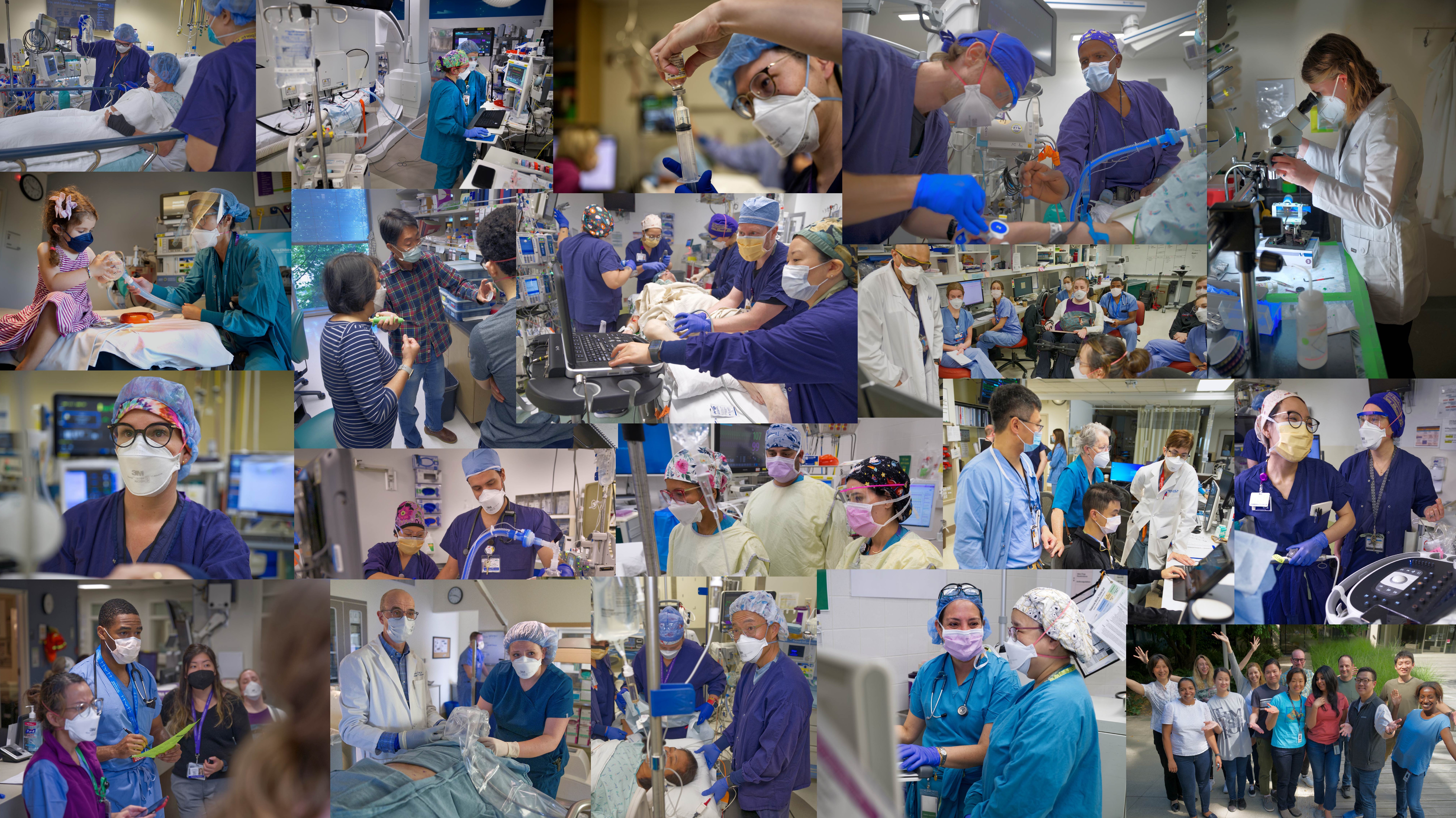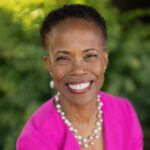
Community Building & Belonging
Vision & Mission
In August 2020, the Department of Anesthesiology & Pain Medicine Diversity Council organized to foster an environment where people from all backgrounds and experiences can fully participate, thrive academically and professionally and feel a sense of belonging. Rooted in principles of health equity, our Diversity Council, Associate Council members, and all members of our department continue to develop data-driven and collaborative initiatives in patient care, education, and research.
Educating our faculty and future providers
Learn more about our education initiatives for faculty, trainees, and staff.
Connecting to the community
Join us as we connect with patients and future healthcare professionals around the country.
Our council at work
Our team engages in data-driven patient care and research initiatives.
About Community Building & Belonging in Anesthesiology & Pain Medicine
Dr. Marie Angèle Theárd, Vice Chair of Community Building & Belonging

“I look forward to working together to assure that all students, trainees, faculty, staff, advanced clinical practitioners, and CRNAs—including members who are underrepresented in medicine—feel that they belong in our community. As such, I want to understand the experiences of individuals who work in our department and work towards assuring that each of us feels valued and respected. I believe that our council is integral for continued community engagement, education, and resident/faculty recruitment and retention.”
Diversity Council members
Corrie Anderson, Satish Bhagwanjee, Robin Boland, Eun J. Choi, Eric Clark, Flavia Consens, Katherine Gentry, Matt Hallman, Margaret Hsu, Nathalia Jimenez, Preetma Kooner, Abhijit V. Lele, Sara Nikravan, Bukola Ojo, Murali Sivarajan, Matthew Walker
Associate Council members
Jennifer Chiem, Rebecca Dale, Cameron Donald, Andrew Eitel, Cristina Hajjar, Aruna Kamath, Maeve Muldowney, Hani El-Omrani, Fiona Patrao, Tony Roche, Gabriel Sarah
Immediate Past Vice Chair
Resources and support groups
Engage with the University of Washington community.
Library resources
Explore articles and recommended reading from our Diversity Council.
Reporting tools
Any staff member, student, resident, fellow or faculty can formally report incidents of negative biases.
Land acknowledgement
The University of Washington and the Department of Anesthesiology & Pain Medicine acknowledge the Coast Salish peoples of this land, the land which touches the shared waters of all tribes and bands within the Duwamish, Suquamish, Tulalip and Muckleshoot nations.